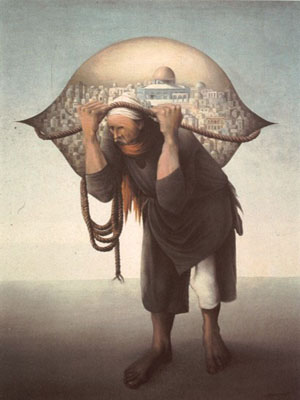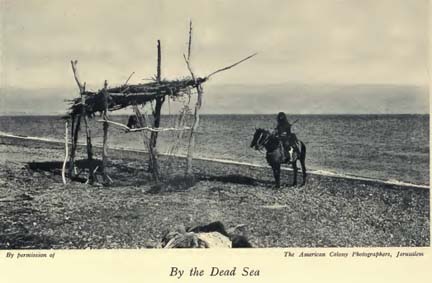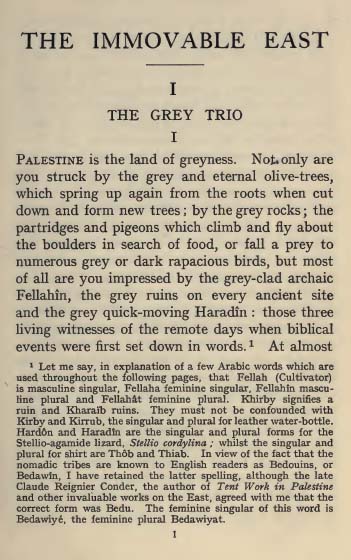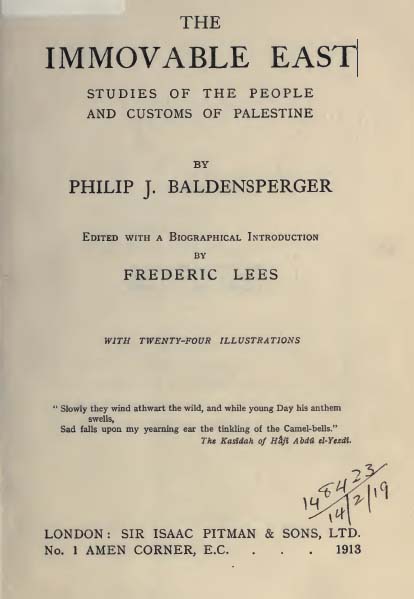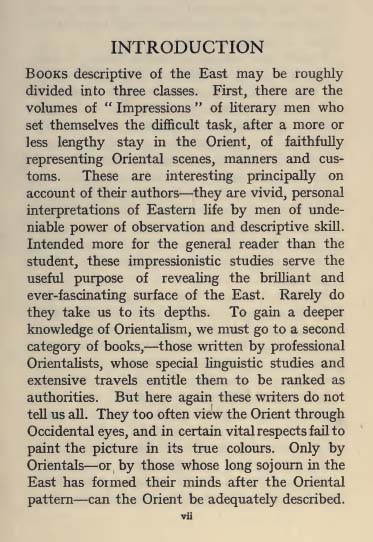
“Death of Socrates” by Jacques-Louis David, 1787, Metropolitan Museum of Art
Academic Freedom and Professional Responsibility:
A Handbook for Scholars and Teachers of the Middle East
Attempts to undermine professors’ abilities to teach and do research are increasingly directed at scholars who seek to provide a contextualized and critical view of recent international developments and their interaction with US foreign policies and practices.
The first draft of the handbook was based on research undertaken by the Taskforce on Middle East Anthropology to understand available institutional resources, as well as on ethnographic interviews conducted with academics who have encountered obstacles in their teaching and scholarship. The handbook was revised in 2012 by a group of current graduate students and recent PhDs in Middle East Anthropology, at the behest of the original handbook committee.
The revision aimed to evaluate the current atmosphere of academic freedom via a survey distributed to faculty and graduate students studying the Middle East, update the document to reflect legal changes that impact the ability of academics to carry out their scholarship and teaching, review major controversies over academic freedom since the original version of the handbook was published, and update links, citations, and contact information.
The handbook provides concrete suggestions for how to respond to attacks on academic freedom and to avoid them in the first place. It considers the potentials and limitations of internal university structures, professional organizations, legal recourse, and media outlets. Finally, it contains useful pedagogical tools for dealing with difficulties in the classroom, and an informative bibliography of recent writings on academic freedom.
“Academic Freedom and Professional Responsibility: A Handbook for Scholars and Teachers of the Middle East” (2012). Click here for information on how to download a pdf of this report.
